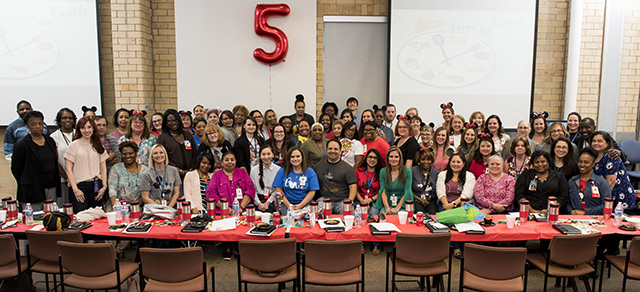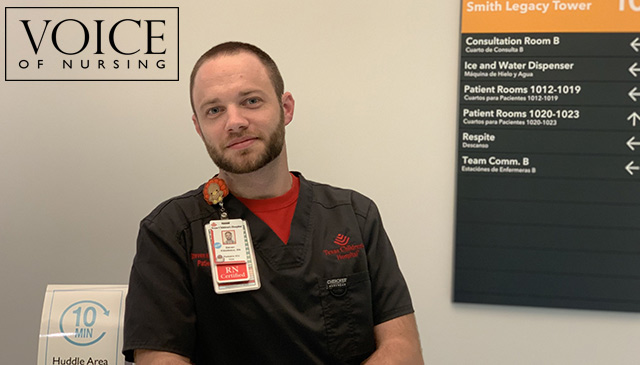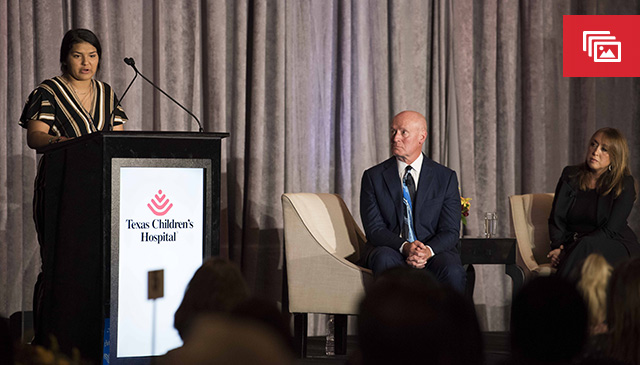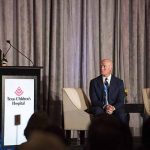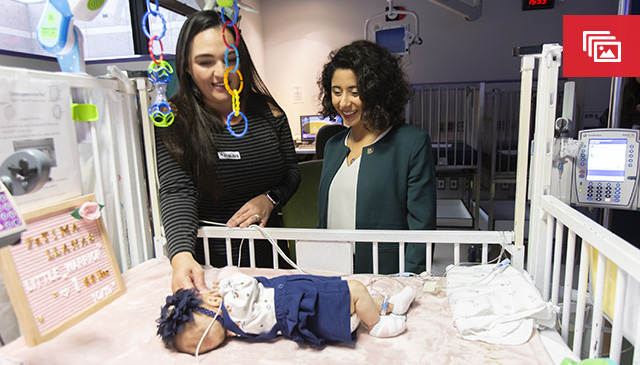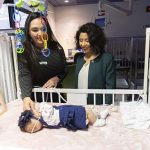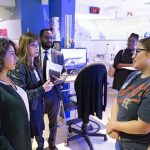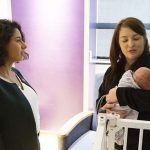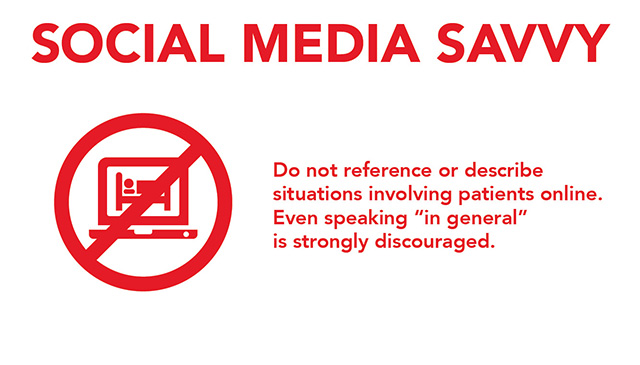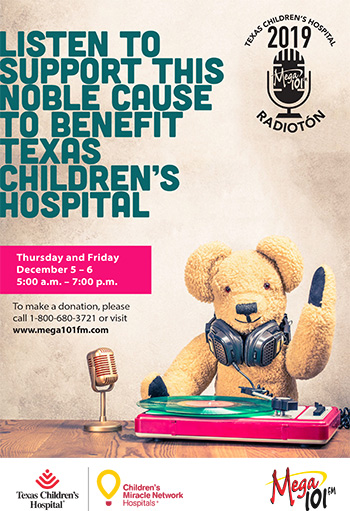When you think of a medical coder, what’s the first thing that comes to mind? Perhaps you conjure up images of someone feverishly attempting to solve a puzzle or decipher an ambiguous code.
Medical coding is often compared to the work of a detective. Medical coders analyze and translate complex information from patients’ charts into standardized medical codes. This job requires extensive knowledge of medical terminology, anatomy, physiology, disease processes and analytical skills.
When a patient receives care at Texas Children’s, every diagnosis and procedure is documented in the patient’s chart by their physician, detailing what is wrong with the patient and what services were performed. Since there are many diseases, procedures and services out there, medical coders must search through thousands of alpha numeric codes to find the right code for each procedure or diagnosis.
Since Texas Children’s cares for some of the world’s most critically ill patients, and those with medically complex needs, the more complex the diagnosis and procedure, the more complex the coding can be.
“Our team uses the ICD-10 system to classify and code all diagnoses, symptoms and procedures,” said Coding Quality Assurance Specialist Stephanie Koopmann. “From reviewing and deciphering physician notes to translating them into codes, our job requires meticulous attention to detail to ensure patients not only receive the right care, but that revenue for Texas Children’s services flows accurately and efficiently.”
While medical coders work behind the scenes to ensure the delivery of high quality patient care, they are also the lifeline of Texas Children’s Revenue Cycle. Every ICD-10 code entered into a patient’s electronic medical record – and on an insurance claim – eventually drives revenue for Texas Children’s Hospital
“Our coding team looks at every piece of patient documentation to ensure we code correctly from a compliance standpoint before the claims are sent to the payors,” said Brenna Thiem, assistant director of Coding Compliance and Clinical Documentation. “From ensuring the accuracy of revenue and physician reimbursements systemwide to creating a valid record of patient care history, proper medical coding is important so Texas Children’s can continue to meet the needs of our patients and families.”
Currently, there are 80 certified medical coders across the organization. Through a special partnership, Texas Children’s hopes to increase that number in 2020.
Since 2018, Texas Children’s has partnered with Volunteers of America, a recipient of the Healthcare Professionals Opportunity Grant administered by the Administration for Children and Families. Through this federal educational grant, over 20 Texas Children’s employees have completed classes to obtain their certification in either professional or outpatient coding, or certification to become a professional biller.
Syreeta Elkins, whose been with Texas Children’s for 10 years and works for the Revenue Cycle, first learned about the program from her manager. While the classes are free of charge to employees thanks to this grant, the program’s flexibility enabled her to balance work while attending classes in the evenings.
“This program has helped me prepare for a coding role in the future and broadened my knowledge of the Revenue Cycle process,” Elkins said. “This is a great program to help employees expand their skills, and it shows that the organization is dedicated to growing each individual and retaining exceptional talent.”
Due to the success of last year’s program, Volunteers of America has selected Texas Children’s for the last year of this grant, providing another invaluable opportunity for employees to obtain their certification to work in areas, such as medical coding and billing, that are vital to the success of Texas Children’s.
A total of 40 employees have enrolled for the next session that begins in January 2020. The classes are held two nights a week for three months at Texas Children’s Medical Center Campus. After students complete the course, they’ll take a certification test proctored onsite by an AAPC instructor.
“This grant has helped individuals who had wanted to further their education, but didn’t have the financial means to do so or had other barriers in their way,” Thiem said. “We are grateful for our partnership with Volunteers of America and for selecting Texas Children’s once again to benefit from this grant.”


